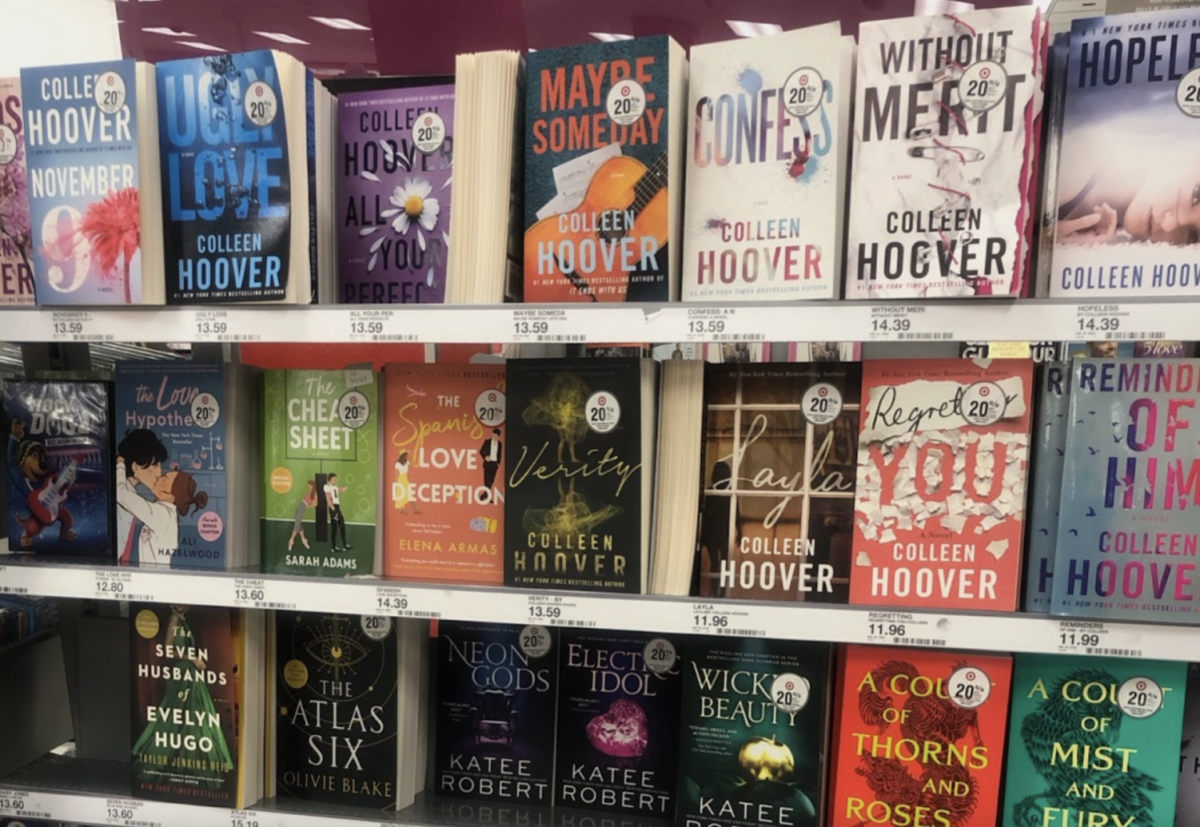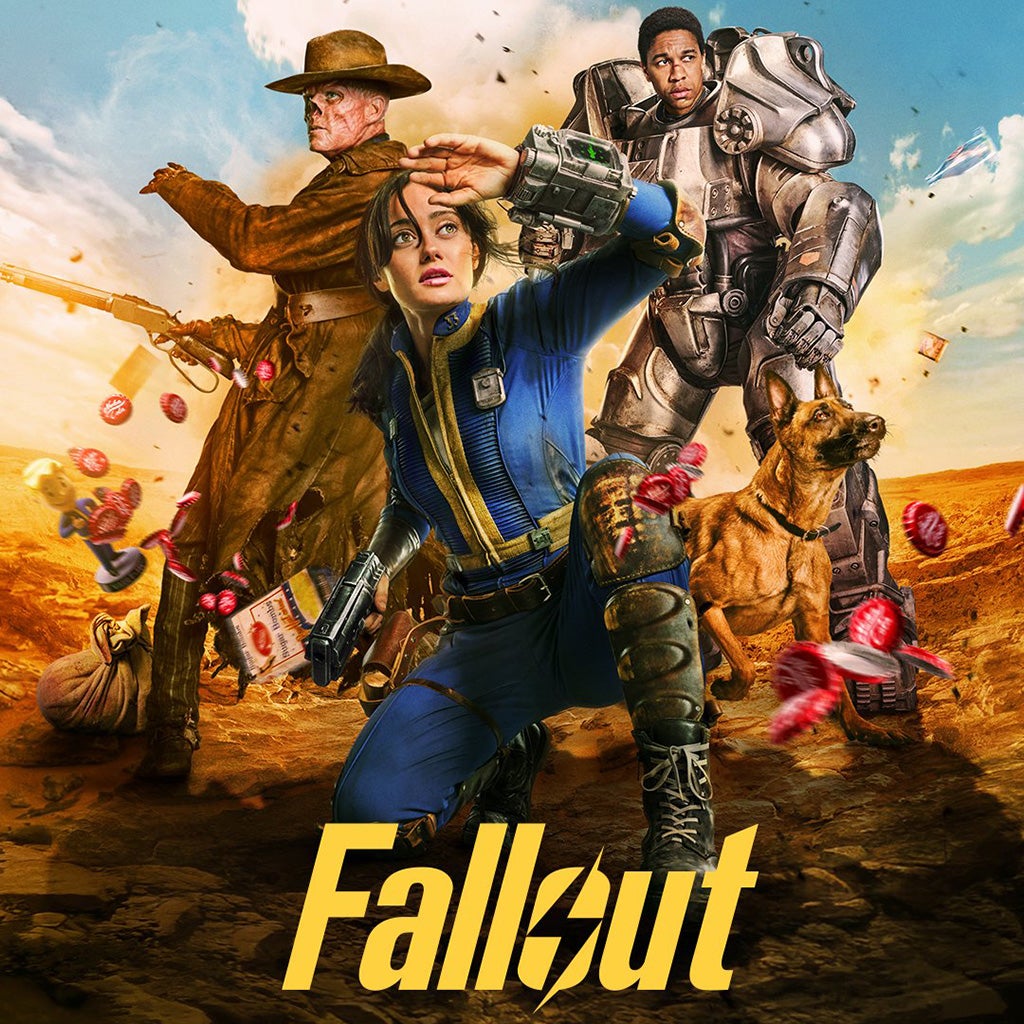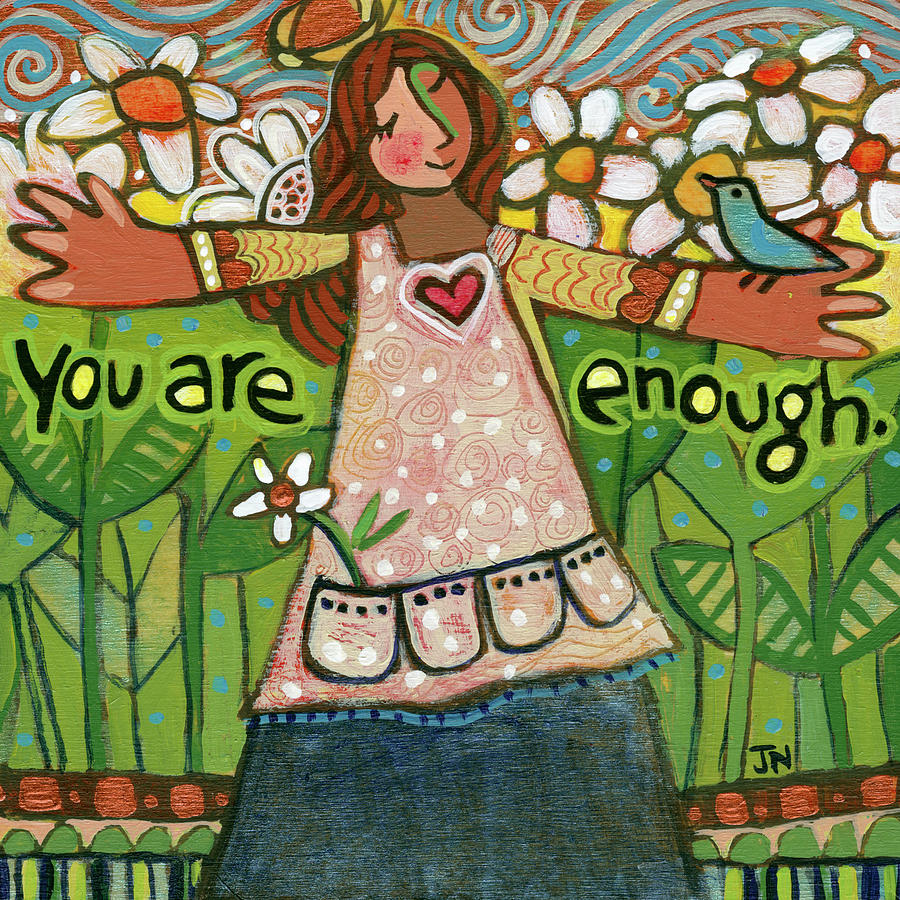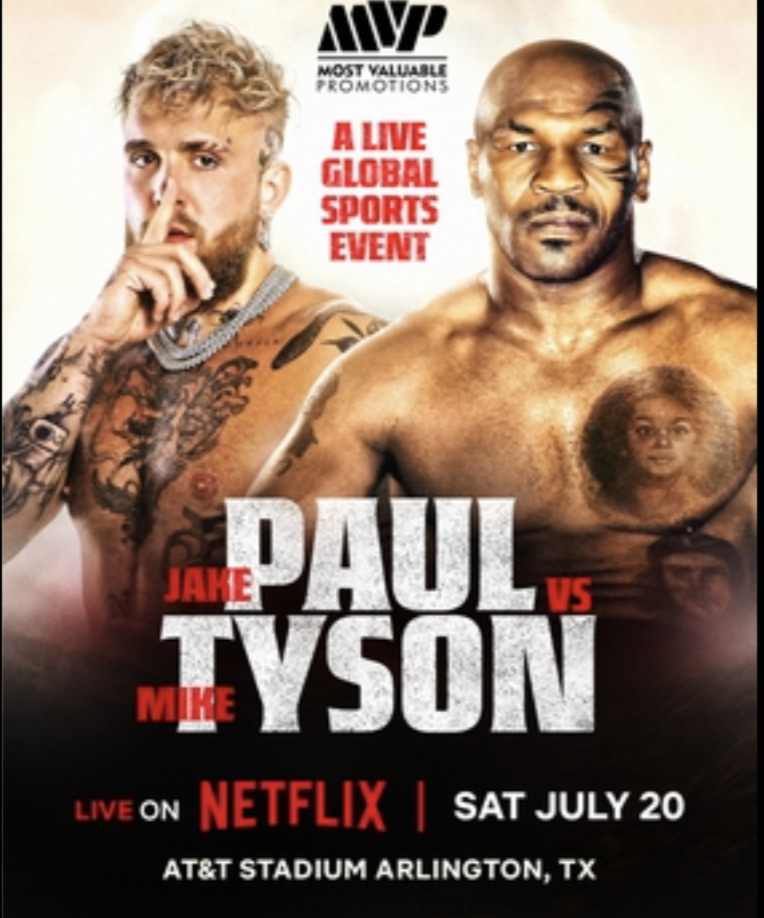In an age inundated with digital distractions and fleeting trends, reading has emerged once more as a refuge. This renaissance, which appears to have initiated during the pandemic, involved various global communities and continued throughout 2023.
In 2023, book publishing revenue stood at $129 billion, marking an increase from the $122 billion recorded in 2018. This upward trend is expected to continue, with the global book publishing market expected to be valued at $163.89 billion by 2030.
According to a THGM book-readers survey from December of 2022, readers aspired to explore fiction more than they did non-fiction in 2023. Whether embarking on a journey of self-reflection through satirical metafiction, seeking an escape from reality through fantasy, or simply indulging in the pleasure of a well-crafted story, readers across the globe found sanctuary amongst the multitude of genres available.
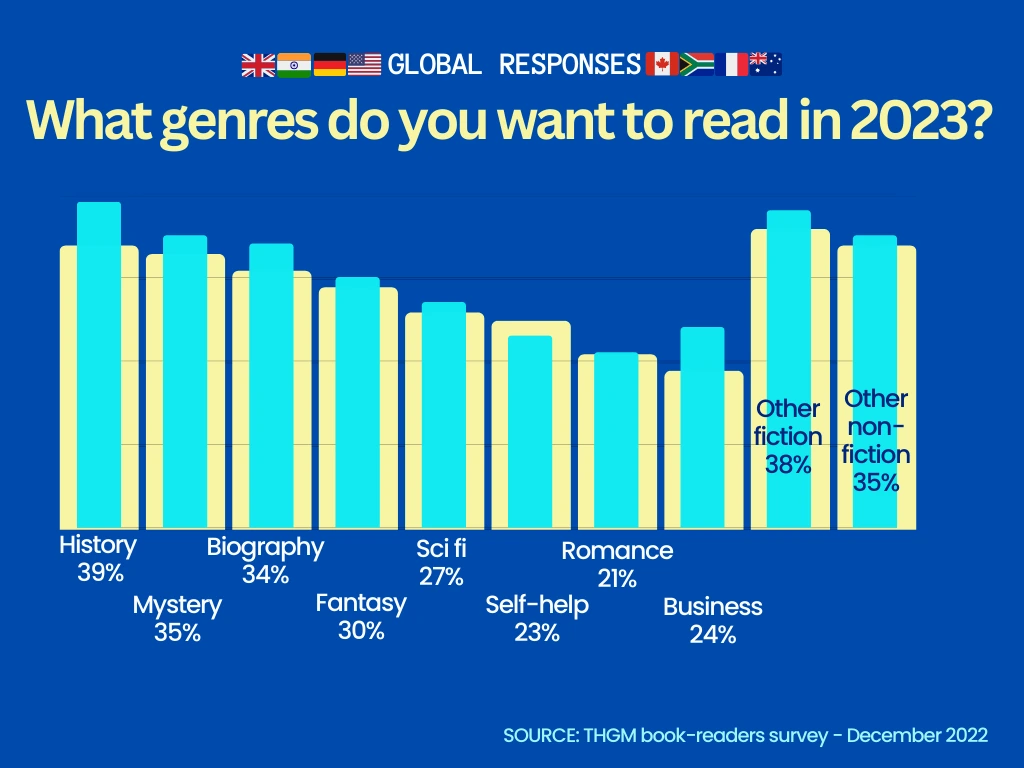
The internet, which was arguably previously responsible for a decline in global reading due to the comparative strength of its information dissemination, fostered a grand promotion of reading in 2023.
The credit for re-engaging the reading hobby belongs primarily to social media, where book reviewers, recommenders, and authors have been running rampant under one hashtag since 2020. Welcome BookTok, a community on TikTok dedicated to reading and sharing novels that have amassed 200 billion views.
According to the Publishers Association, 59% of 16-25-year-olds say that BookTok or book influencers have helped them discover a passion for reading.
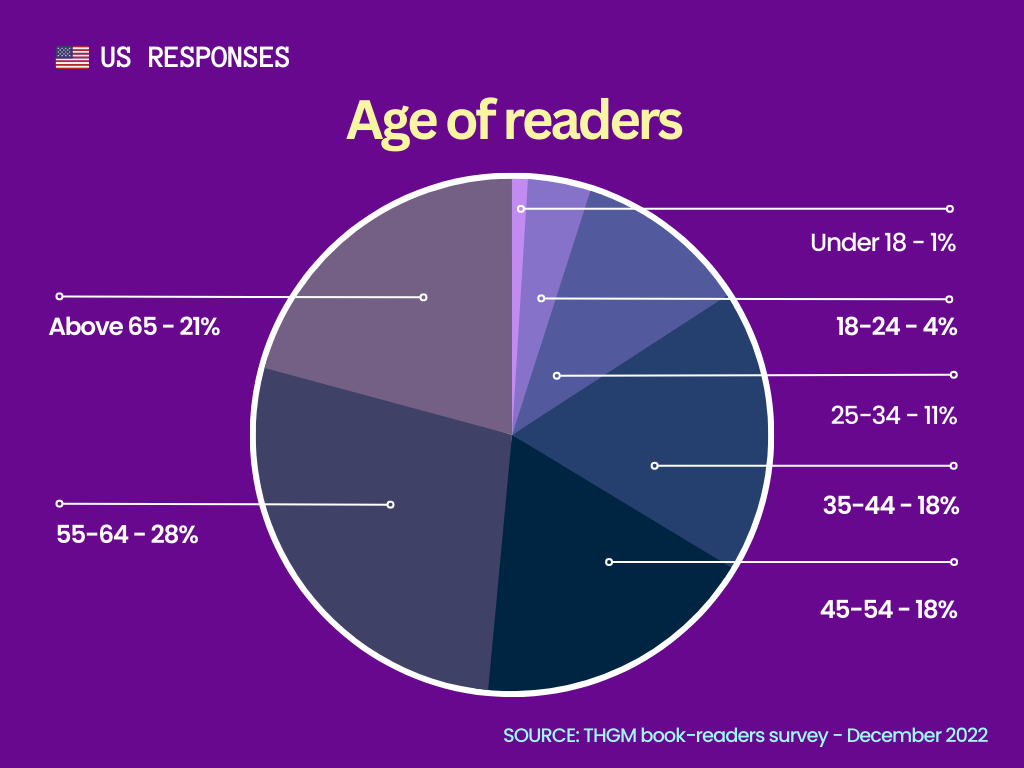
While exploring BookTok, you’ll often encounter discussions surrounding “YA,” short for young adult, novels. This genre is tailored for readers between 12 to 18 years old. Popular reading and generally book-related websites, such as Goodreads, reflected this surge in popularity for young adult books.
Colleen Hoover, an American bestselling author listed just below Stephen King (who is often regarded as one of the greatest authors of our time) on Goodreads’ list of authors organized by popularity, also garnered considerable attention on BookTok.
Hoover has dominated the community with books like “It Ends With Us”, “Ugly Love”, “November 9th”and “All Your Perfects”. She primarily writes contemporary romance stories and is classified as a writer for the young adult genre. However, her books often contain less than young-adult-friendly content. Beyond the problematic nature of the relationships she writes (often romanticizing domestic abuse, violence, substance abuse, toxicity and more), a majority of her ‘young adult’ books also contain sex scenes. This is indicative of a trend in the genre where books marketed for 12 to 18-year-olds are becoming increasingly inappropriate.

Though I maintain reading as an offline hobby and seldom engage with public book communities, my TikTok For You page was recently inundated with a surge of enthusiasm for the book “Fourth Wing”, a fantasy novel by Rebecca Yarros. Dozens of BookTokers urged me to read it, praising its remarkable fantasy elements, endearing characters, and, the most important factor to me, the presence of dragons.
I finished the book feeling somewhat disappointed — the writing was weak (granted, straightforward and noninterpretive prose is characteristic of young adult novels), the concept fell short of expectations, the plot unfolded predictably and the supporting characters failed to leave a lasting impression beyond that of pity.
On top of it all, it felt like entire chapters were dedicated not to developing any sort of plot, but to the main characters laying it down. Porking. Grounding some corn. Slapping the salmon. Groping for trout in a peculiar river, and many more anomalous, fish-related innuendos.
I was not told that the novel, majorly recommended to me by teenagers around my own age, contained sexual scenes. The presence of so-called ‘spice’ should alone identify the book as belonging to an older audience, however, there is still no formal discretion between the young adult genre and what should be a new genre catering to legal adults.
When I was 12 years old, I read books from series like “Percy Jackson” and “Pendragon”. Both belong to the fantasy genre and even incorporate elements of romance, but they exclude the ‘spice’ the young adult genre is becoming infamous for. Due to shifting definitions of what constitutes a young adult book, books like “Fourth Wing”, “It Ends With Us”, “A Court of Thorns and Roses” and “The Spanish Love Deception” have supplanted the young adult section of Barnes & Noble, extending their influence to also encompass all adjacent shelves.
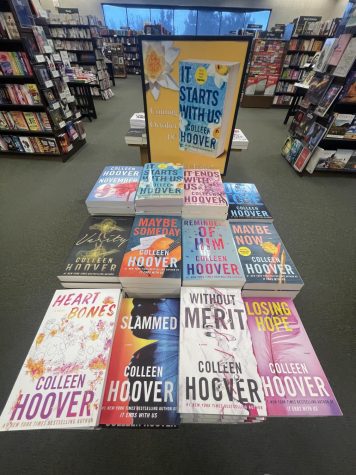
Hoover’s problematic novels have garnered such popularity that they’ve been segregated to their own bookcase. This is a good thing since it indicates a slight yet crucial increase in the necessary distinction between the YA genre and the works of Colleen Hoover.
Hoover’s books and the many more authors choosing to include ‘spice’ should be classified as purely adult fiction, but due to how popular the young adult genre is, they often get marketed to a completely wrong audience.
It’s important to emphasize that I’m not saying books like this should be banned or not be created entirely — because everyone knows we need to foster literature and that book bans only harm the industry — just that they should be marketed appropriately, not children.

